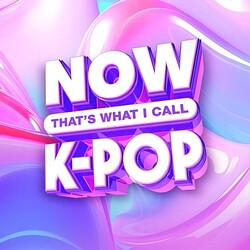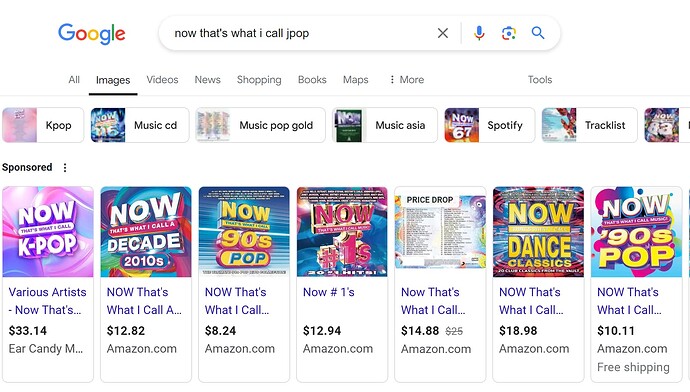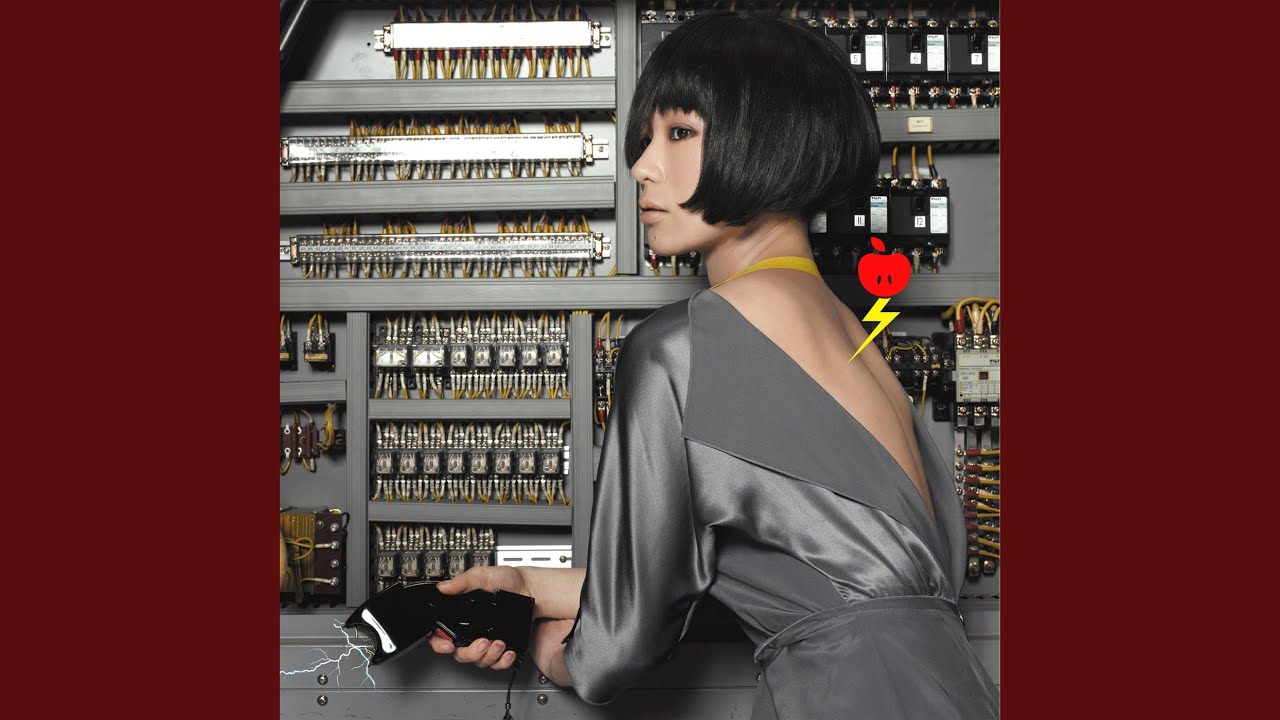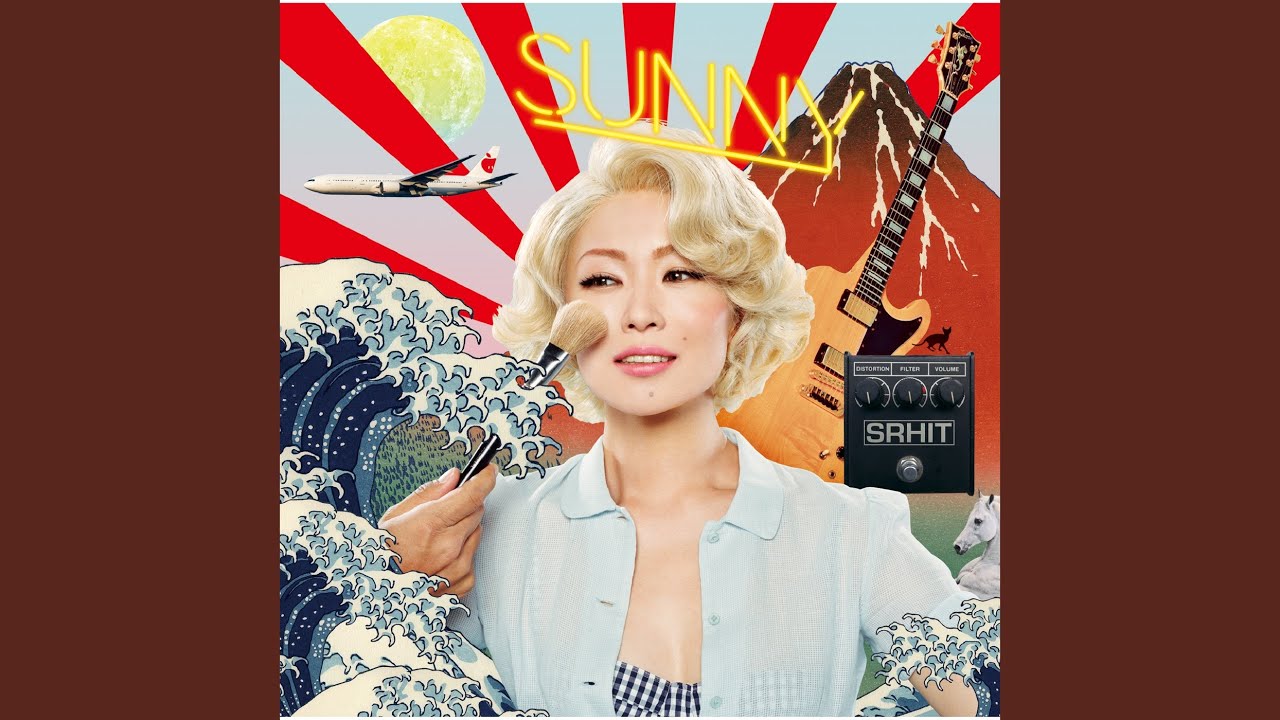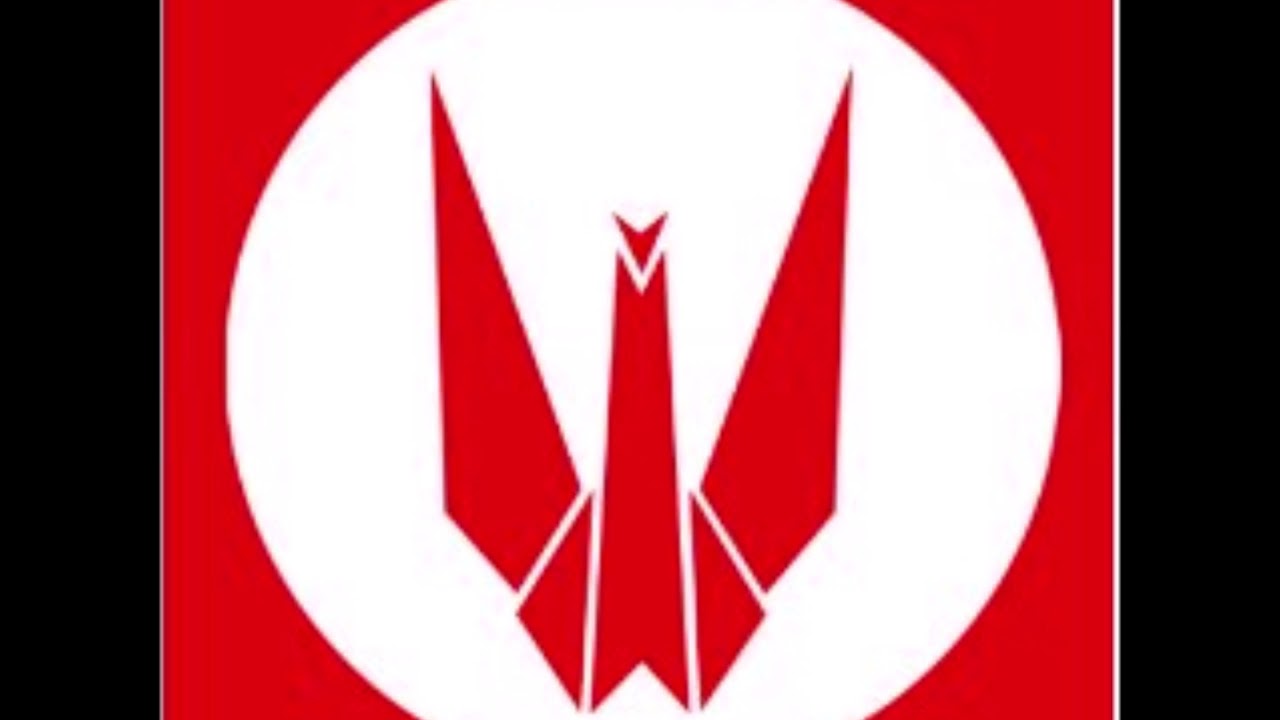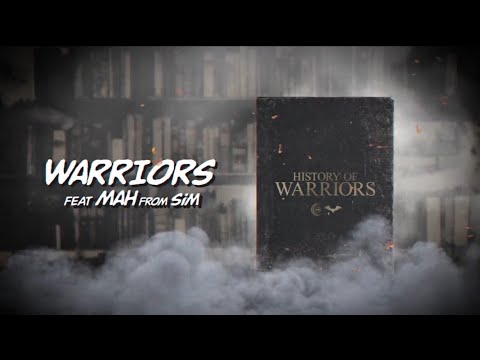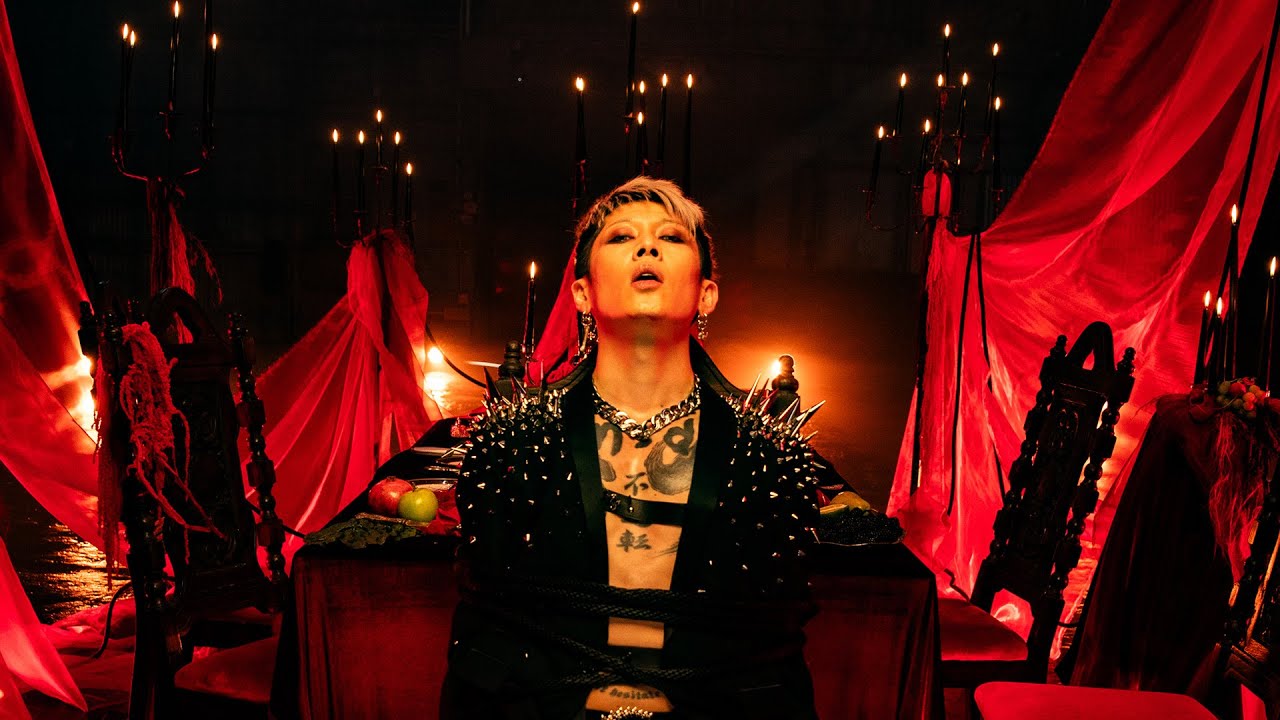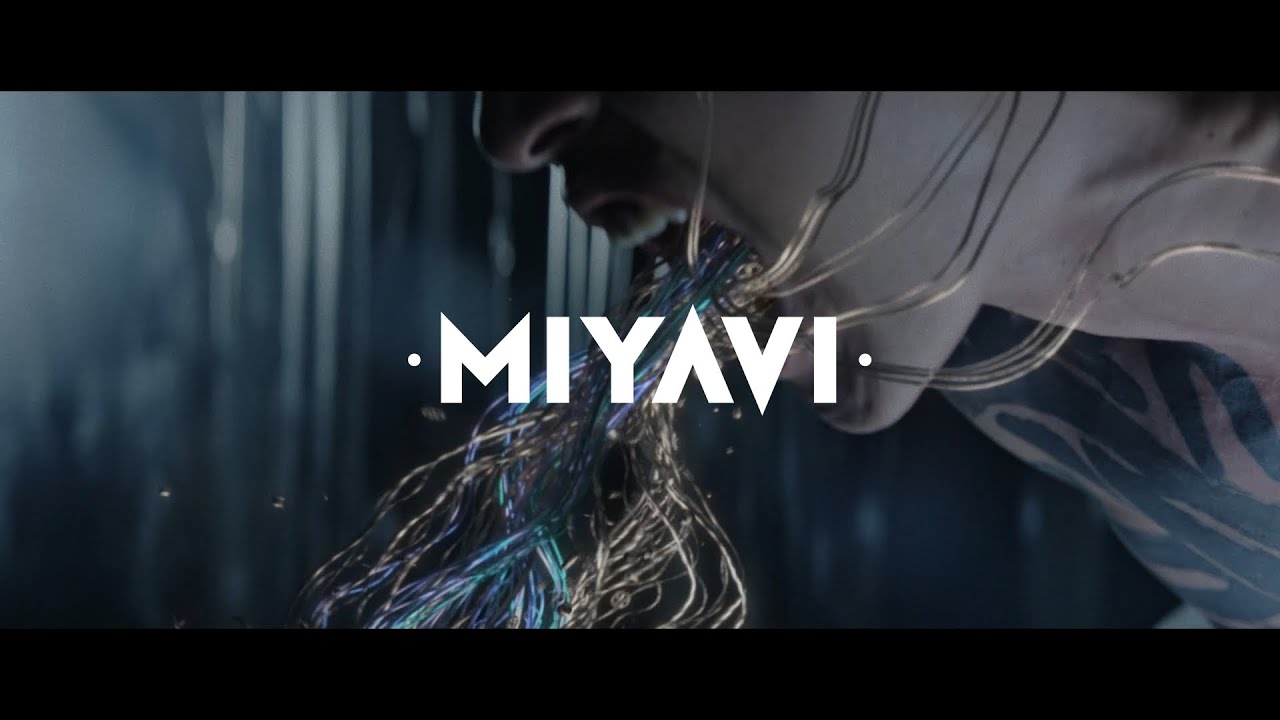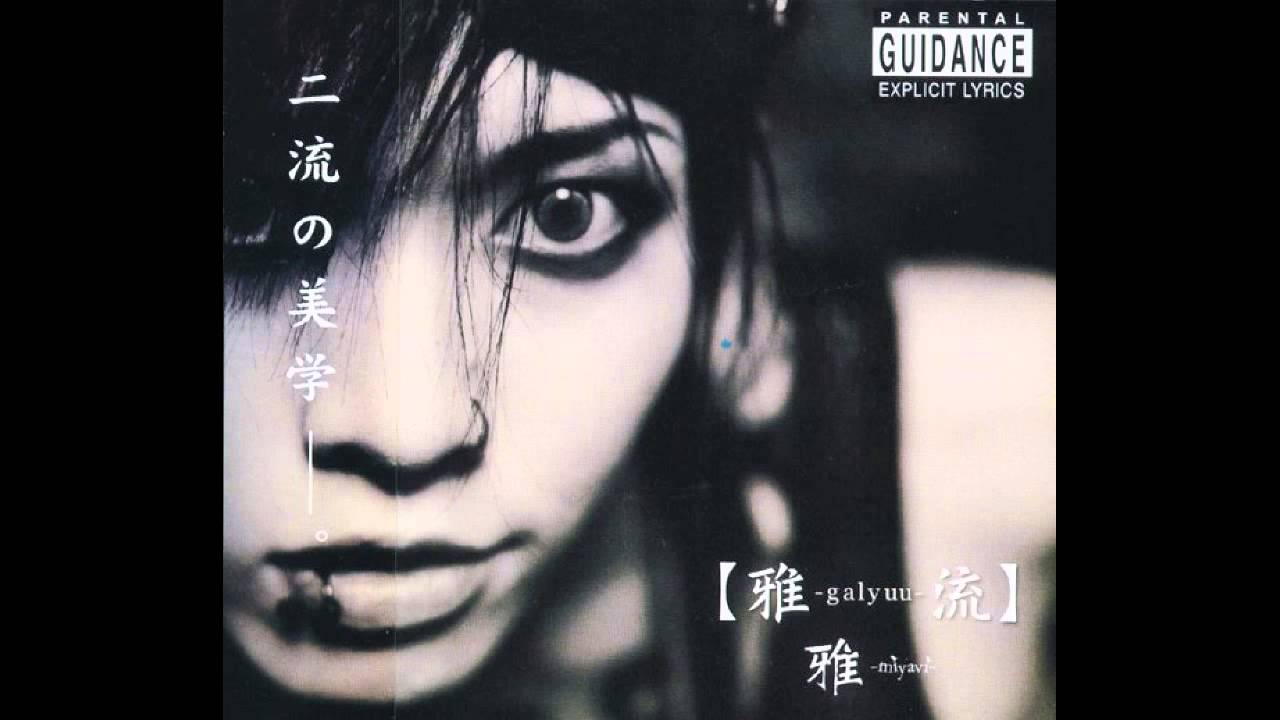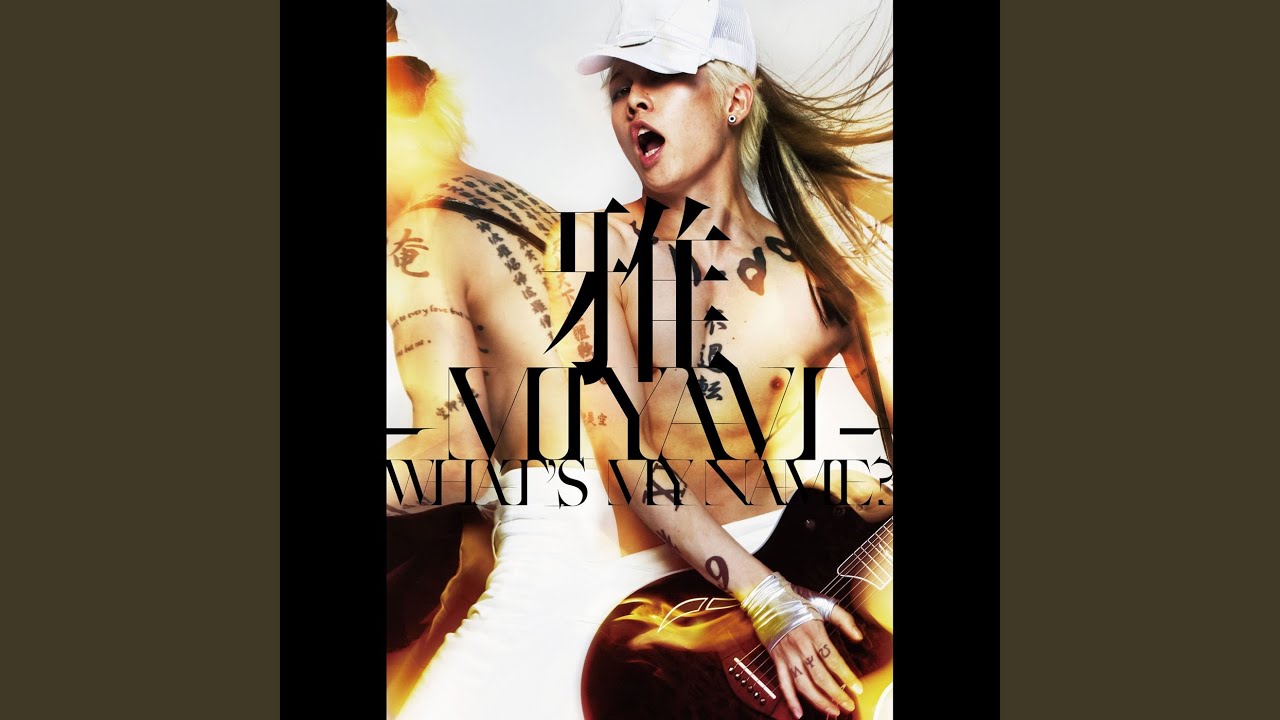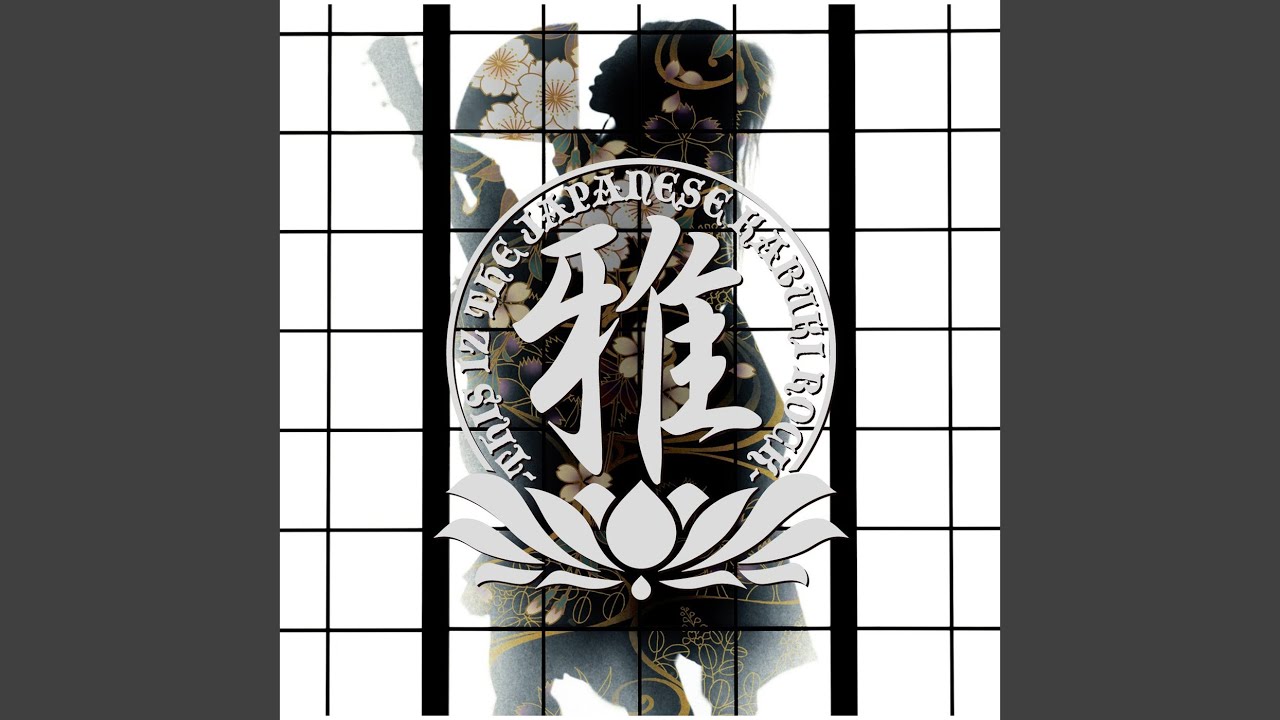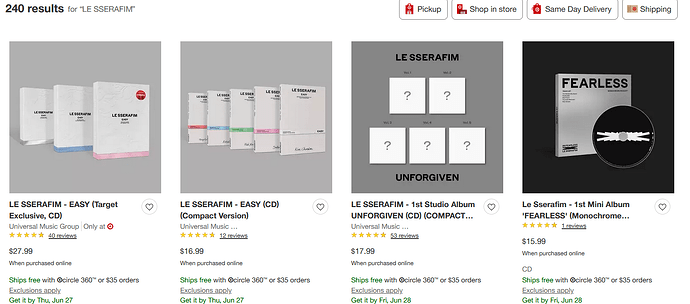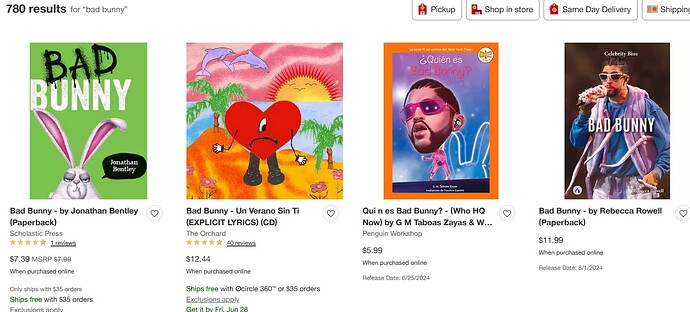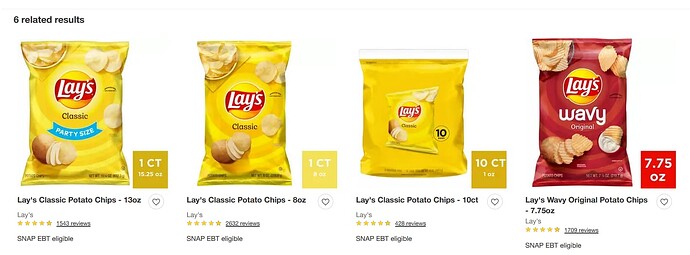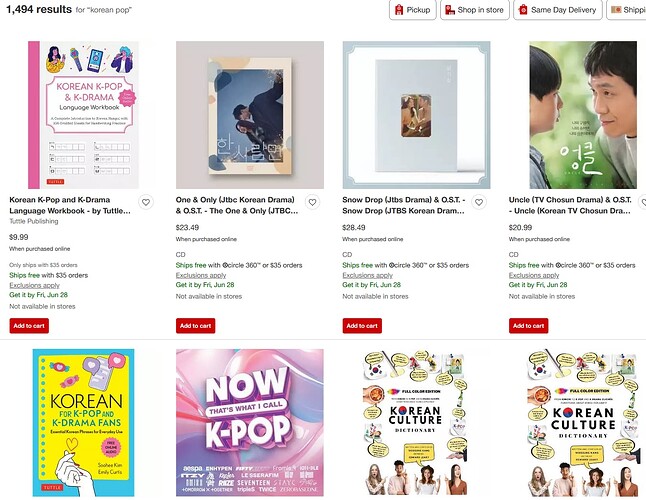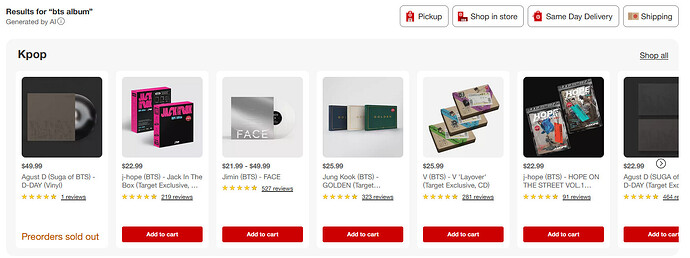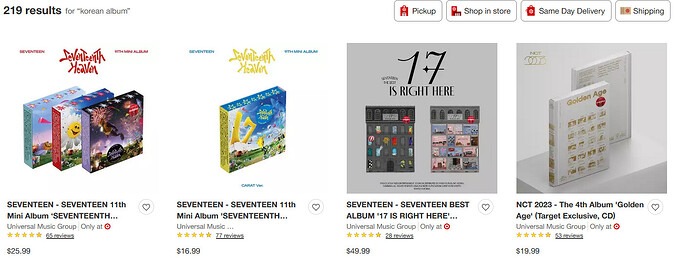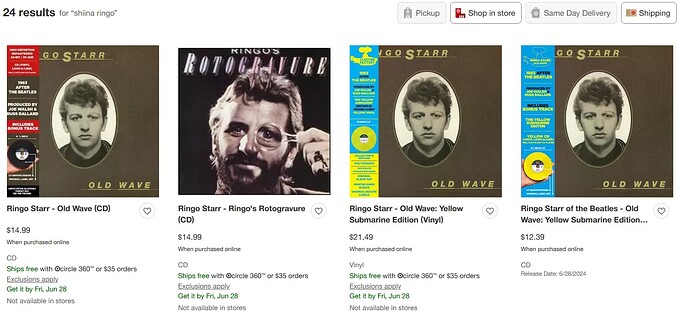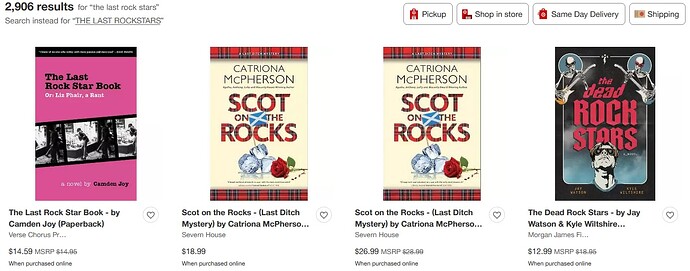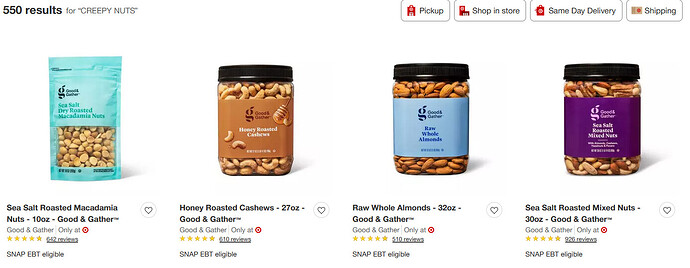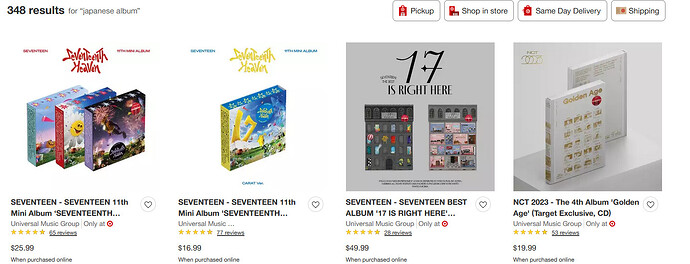I searched Target! I was keeping it in line with what I had mentioned in an earlier post, but I could do with some clarification!
I searched these terms on purpose: of course they are terrible, but what it’s showing is that BTS, LE SSERAFIM, and any other Korean and/or Japanese artists that they have in the system are not tagged well. So it’s a catch-22 of “you can’t find this artist you don’t know you are looking for”. Either you know about BTS and you’re looking for a specific album, or you are looking for “that boy band from Korea my niece is crazy for…what was his name? Gymmin?”. No real in between.
I also have a story I want to add to this. I roll with a group of nerd friends. They watch anime, build gunpla, play Yu-Gi-Oh, read manga, etc. Several of them even began learning the language with Genki, Duolingo, and other apps. They’re the quintessential group of nerds that love different aspects of Japanese culture.
So last week they were going over some grammar and this is basically how the conversation went:
Guy 1: … and that’s the difference between ‘kore’ and ‘sore’
Guy 2:… man that’s complicated! and the pronunciation is hard!
Me: You know what could help? Listening to some Japanese music and watching anime in Japanese! I have a few recomm-
Guy 1: No.
Guy 2: I’m good.
I have another friend who I’ve watched well over 150 anime with. At one point, we were following anime seasonally and watching shows as they came out. Put a gun to his head and challenge him to name ten artists from any anime theme from any anime he’s ever watched, and I guarantee you he’ll get to 6 or 7 before running out.
He’s part of the same group of friends that watch anime and play Yu-Gi-Oh, and they all religiously skip anime intros because of spoilers. Name an anime song? What’s up people?!? is what you’ll get. They won’t even put respect on Nightmare’s name 
Out of that entire group of nerds, only two people have ever bothered to humor me and try out Japanese music. One, I managed to sneak visual kei into by going straight to the extreme metal aspect of the scene, stepping over the language barrier, and that seemed to work okay…until I threw in clean singing and totally lost him because, and I quote, “I can only really vibe with lyrics I understand”.
The other friend? Been hovering around the outskirts of Japanese music, enjoys FUZZ by MUCC or some HIGH and MIGHTY COLOR, but throw him anything recent outside that and it’s a guarantee he doesn’t know. He’s more into 70’s J-Pop than anything current!
So it’s like…you’re not wrong, and I desperately want you to be right, but when you have to face challenge after challenge before you even make it into the conversation, and then 95% of people dismiss you out of hand because it’s unfamiliar or has the stink of weeaboo, like how can there be crossover appeal? This is the target demographic, and the target demographic is saying no.
Also, I’m not focusing on us. We’re all a bunch of oddballs who can like and appreciate music outside of a familiar language context. We are the exception, not the rule. I wish we were the rule. I really do.
That’s why I don’t consider Dir en grey or the GazettE in this conversation. I’m not focused on the artists that arguably have crossover appeal, but the ones that don’t but are on the precipice of it…and who is there? JILUKA? Seriously, I throw them in every conversation I can get because I see great things for them.
I am so desperately open to being proven wrong. Someone prove me wrong.
